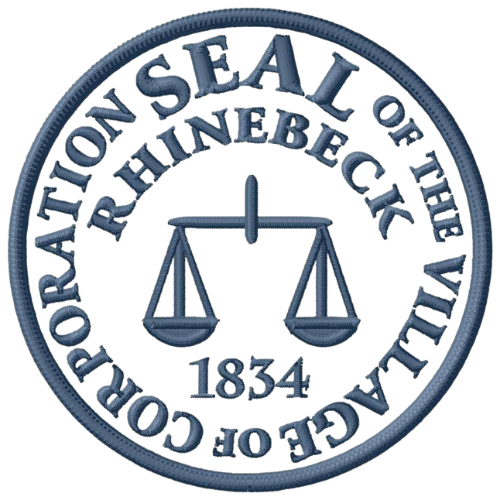
Organic Waste
In Rhinebeck, we want to do a better job reducing the amount of waste we produce, as well as better protect against the harmful effects of these wastes on our water, soil, and air. With “organics management” we can create ways to turn food scraps and treated sewage (biosolids) into a resource: compost!
Below you’ll find info on Rhinebeck’s waste and research about why organics management is important. Here in Rhinebeck Village, our Climate Smart Communities Task Force has a subcommittee focusing on food waste and composting. In 2020, the NY State Climate Smart Communities program launched a new set of actions and resources focused on organics management, and there is funding to support this work, which is really exciting!
“Nearly half of the solid waste produced globally is organic or biodegradable.”
When we throw our food away, where exactly is “away”?
The CSC Composting Subcommittee is creating a strategy to reduce wastes that threaten our air, soil and water using the goals of this graph.
To accomplish this, the CSC Compost Subcommittee has developed a compost feasibility plan in collaboration with RIT’s Pollution Prevention Institute (P2i).
This will also help us move toward silver certification for Rhinebeck in the state’s CSC program. We have already achieved bronze (check out all the actions we have already accomplished).
Rhinebeck Village discontinued its municipal garbage hauling quite a few years back when there were complaints about residents burning their trash. Most villagers now pay Welsh or Waste Management to haul their garbage away, or they use the Town Transfer Station.
Welsh: Approximately 50% of the garbage is hauled to a “burn plant” in Poughkeepsie where it is incinerated. The other 50% is hauled to landfills in Syracuse or Ontario.
Waste Management: Garbage is hauled to a site in Kingston, where it’s loaded onto trailers and brought to WM’s Green Ridge Landfill in Gansevoort, NY.
Rhinebeck Transfer Station: Garbage is hauled to the Poughkeepsie “burn plant” where it’s incinerated.
The unsafe run-off from landfills mixes with rainwater to produce a toxic stew called leachate which can poison our ground water and soil. Burning wastes can put those wastes into the air we breathe, as well as adding more greenhouse gases that pollute our air and contribute to climate change. Here’s research from the Dutchess County NRI on our air quality.
Setting Rhinebeck CSC Task Force’s work into context:
NY State’s Food Donation & Food Scraps Recycling Law
According to the legislation, an estimated 2.8 million New Yorkers face hunger and food insecurity. New York’s new law passed on March 31, 2019, and goes into effect January 2022. It only regulates major food waste producers (defined as those who produce over 2 tons of food waste per week, for example a large grocery store). The law requires them to divert usable food and compost scraps if they’re within a 25 mile radius of a composting site. (More on this law from the DEC and this article.)
Better research and public understanding of the issue is leading to action to curb food waste and increase food recovery in several states across the country. In addition to New York, legislators in California, Connecticut, Massachusetts, Rhode Island, and Vermont have passed laws that restrict the amount of food waste going to landfills, with Vermont establishing a Universal Recycling Law that bans food scrap waste altogether by the end of 2020.
You will see more action in the direction of responsibly redesigning our food systems and habits. We hope to see more composting services and sites, municipal solutions, and the mainstreaming of home composting.


